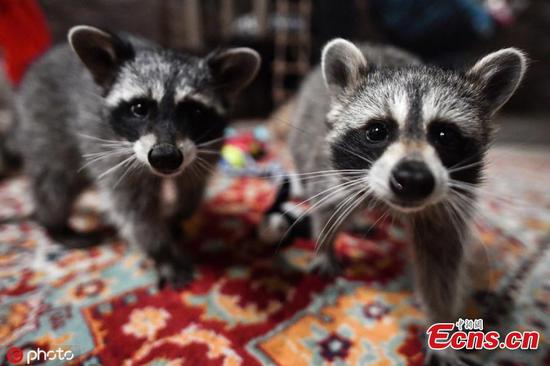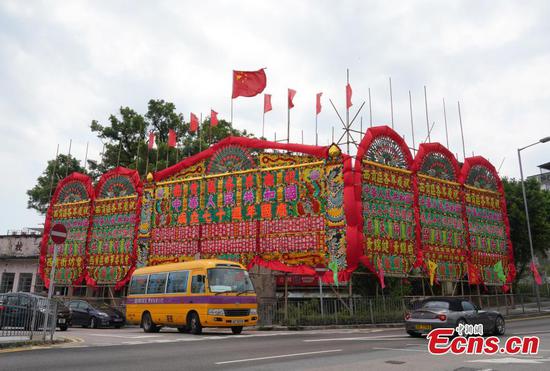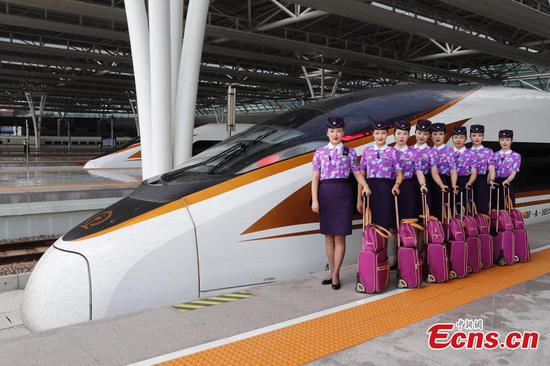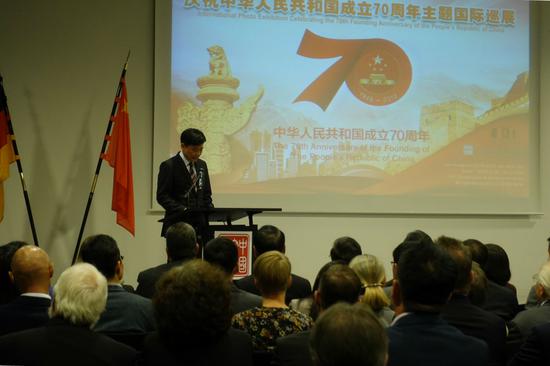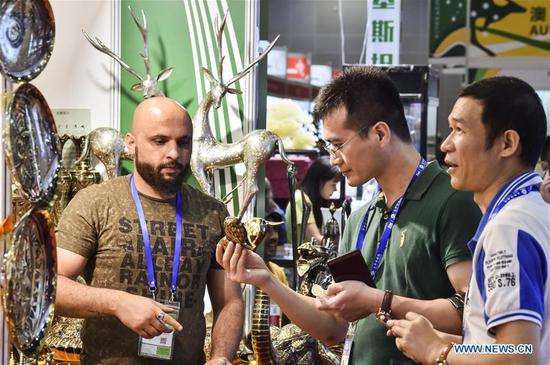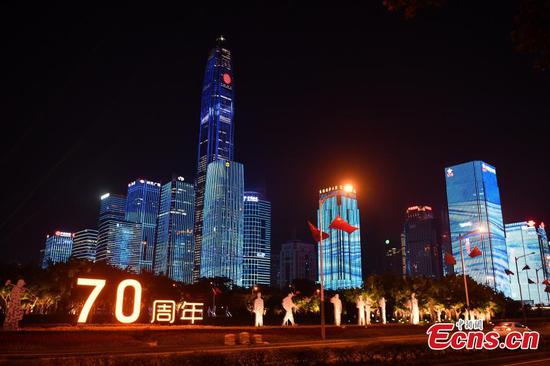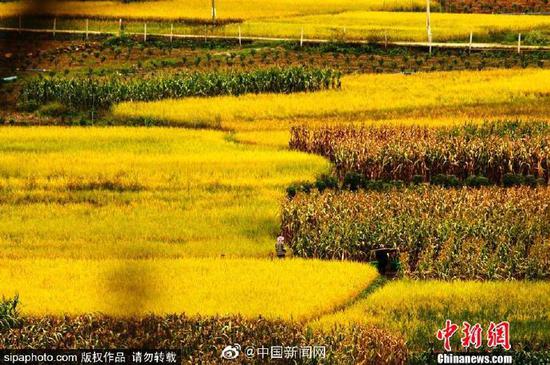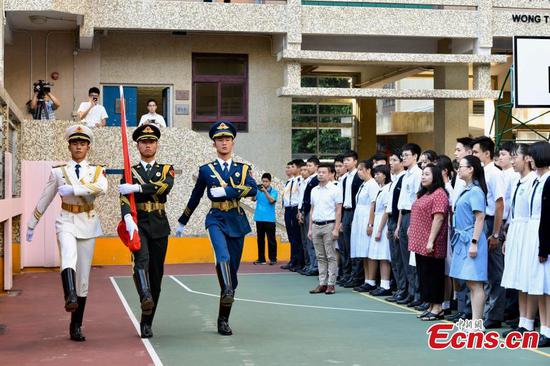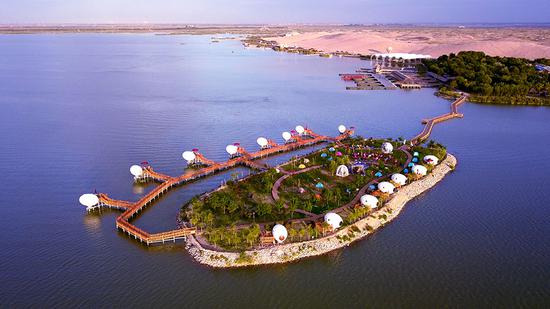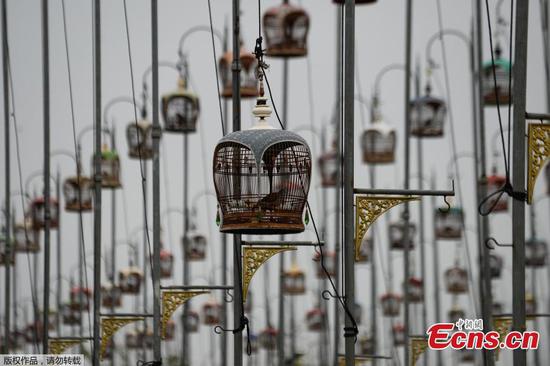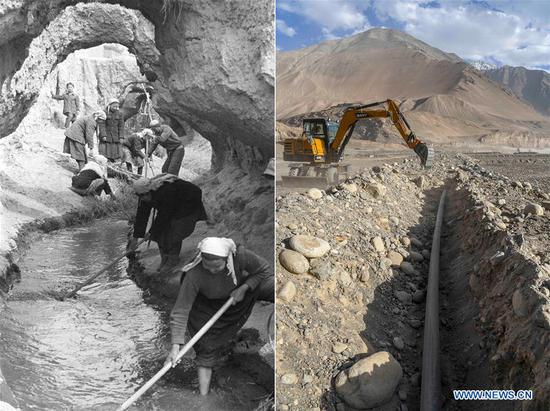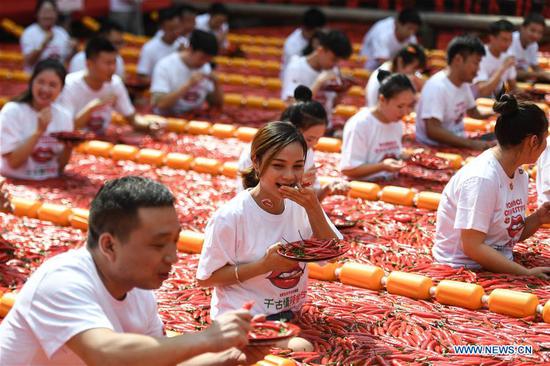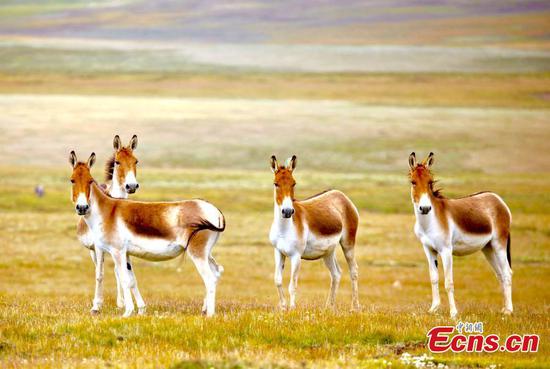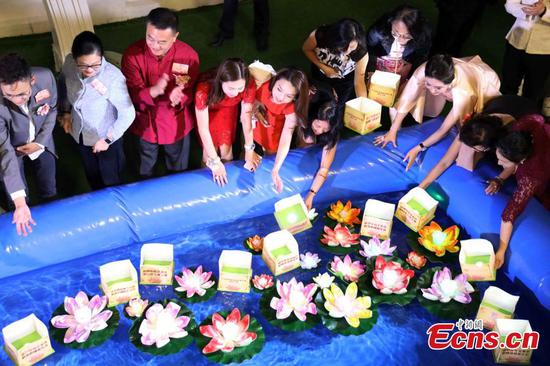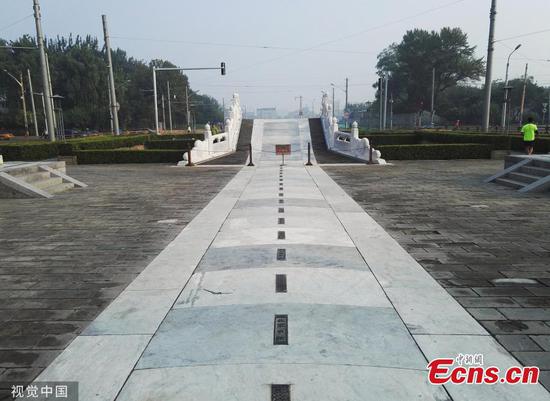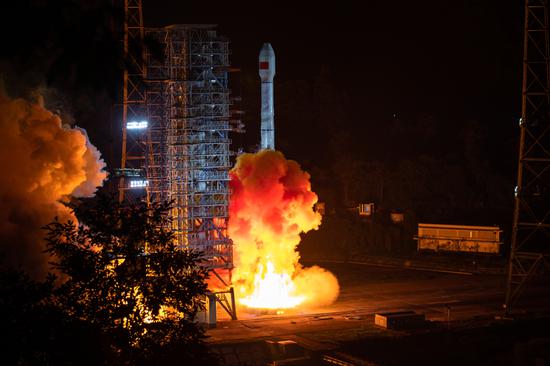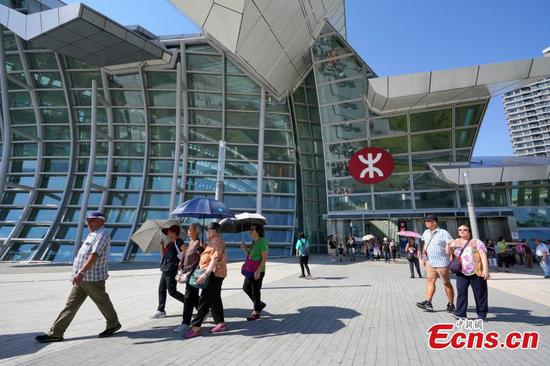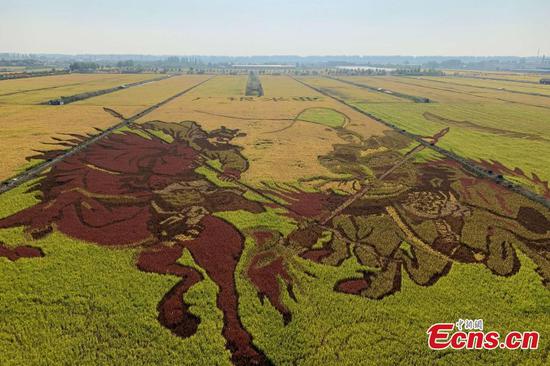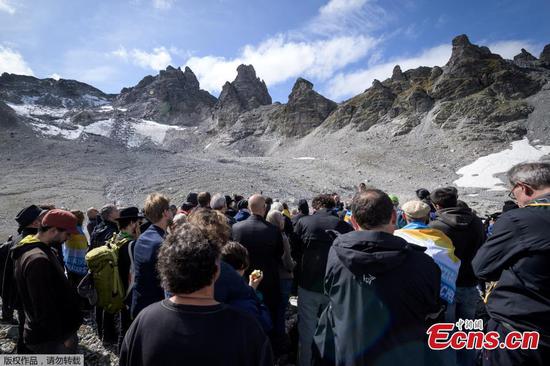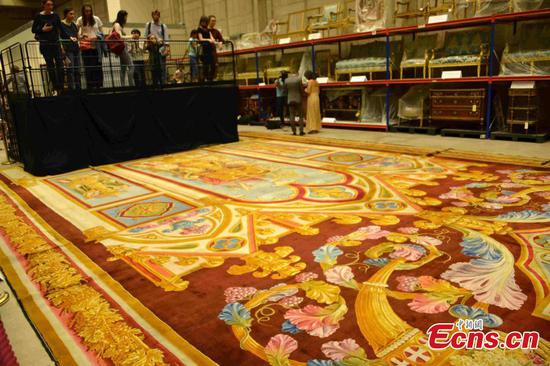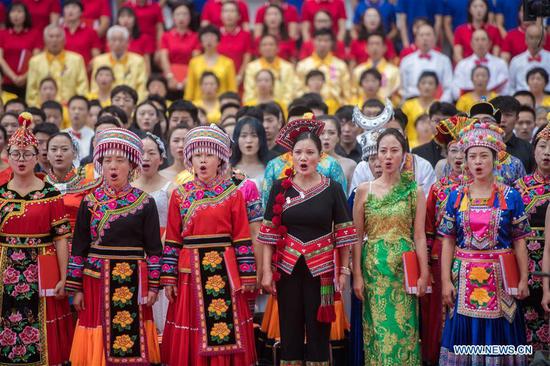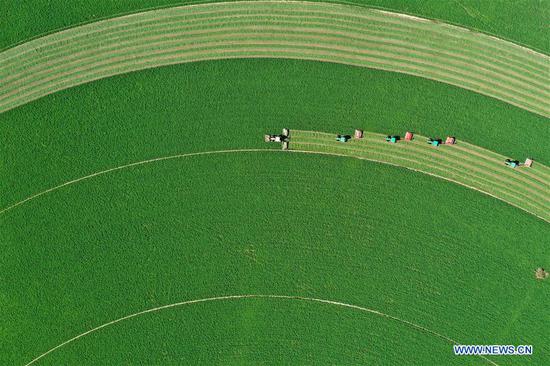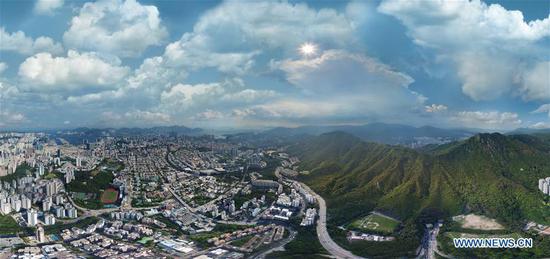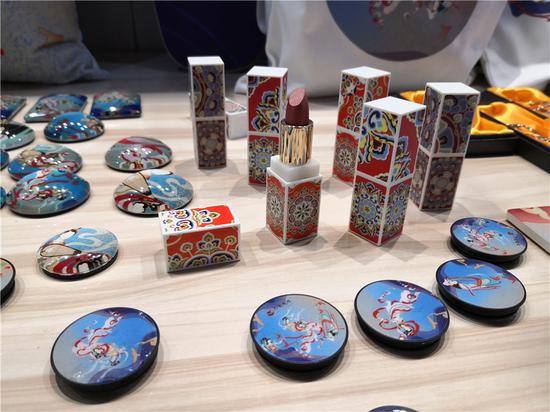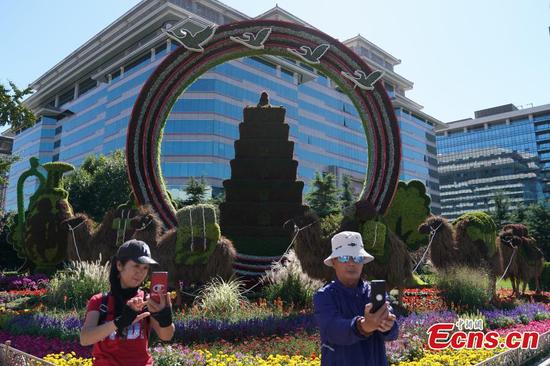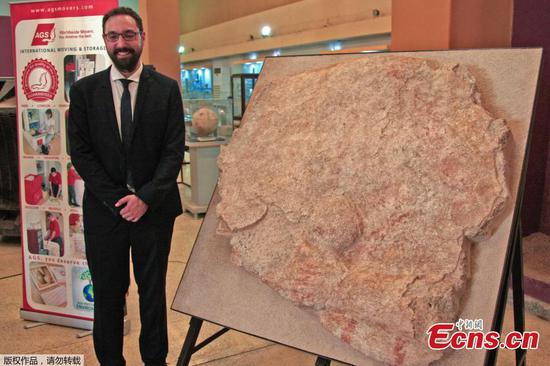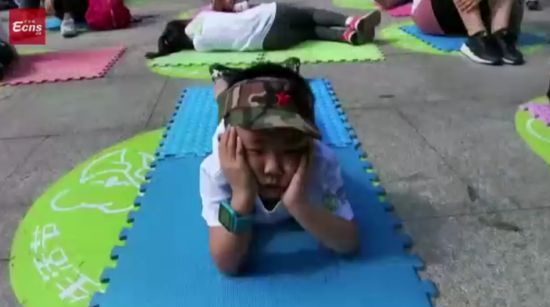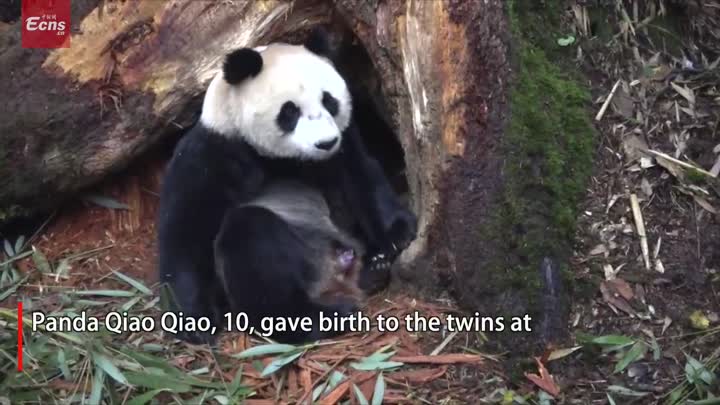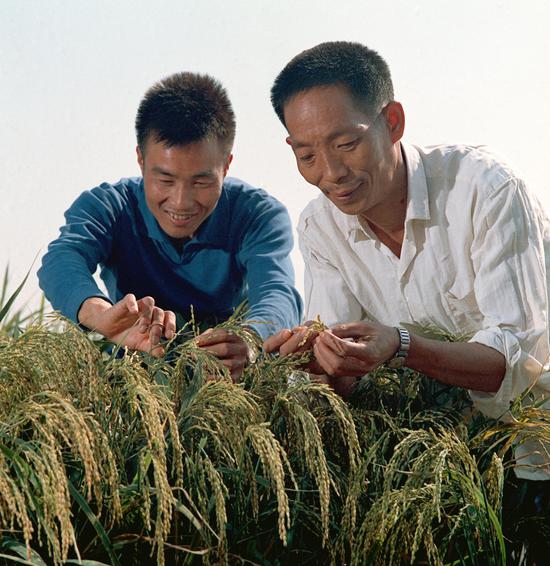
Transformation
Plastic mulch is just one example of a raft of new technologies and devices that have replaced the centuries-old image of hunched farmers tending tiny rice plots with one of well-equipped cooperatives harvesting high-yield fields.
"Agricultural technology is a major boost to overall food security in China, with the contribution of scientific and technological progress in agricultural growth approaching 60 percent this year," said Wan Jianmin, a vice-president at the Chinese Academy of Agricultural Sciences.
"China is home to 30 million hectares of rice, and the average yield is about 6.5 tons per hectare, nearly twice the global average."
According to Wan, scientists from the Guangdong Academy of Agricultural Sciences achieved the first scientific leap forward in rice production in the 1950s. Their discovery shortened the physical length of rice seedlings, thus shielding them from the adverse effects of the use of fertilizers.
The second leap is associated with Yuan Longping, who spearheaded research into a hybrid rice strain that can yield an average 20 percent more than regular strains.
After achieving breakthroughs in yields, Liu Chunming, head of the Institute of Crop Sciences at CAAS, said more research is underway to create rice varieties with higher concentrations of fiber, minerals and other nutrients.
"In February, we began construction of a brand-new seed vault designed to store a maximum 1.5 million seed samples," he said, adding that well-preserved seeds are indispensable to agricultural research.
The seed vault currently in operation was opened in 1986 in Beijing. It is the world's second-largest and houses more than 500,000 seeds.
"More than half of the seeds have become extinct in nature," Liu said. "Seeds are bound to gain greater significance in our future efforts to develop more advanced species and safeguard food security."










